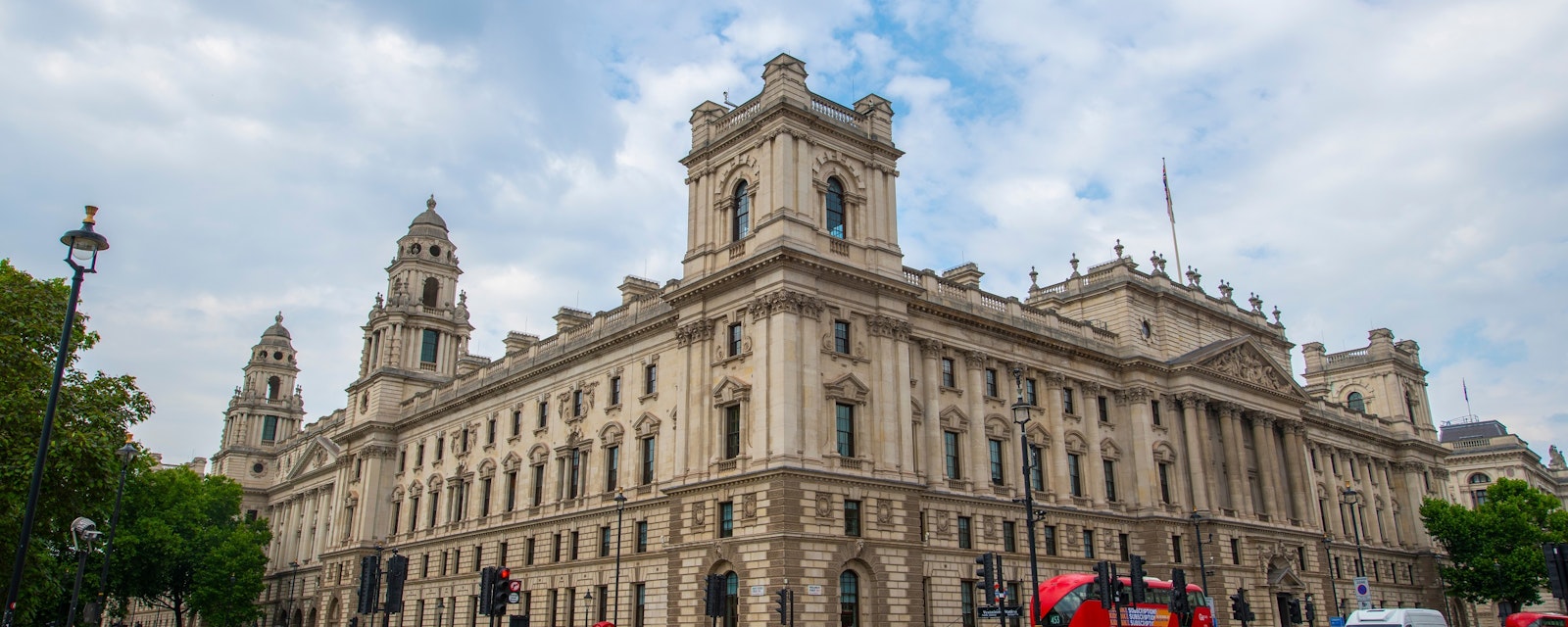With the fallout of the previous Prime Minister’s ‘mini-budget’ still fresh in the mind, and the cost-of-living crisis continuing to hurt household incomes, today’s Autumn Statement needed to please political pundits and the financial markets alike.
Given this economic context, today’s statement by the Chancellor is the most important since Alastair Darling delivered his first budget in the wake of the global financial crisis.
Unlike the September budget statement by former Chancellor Kwasi Kwarteng, this budget was delivered alongside an assessment from the Office of Budget Responsibility. If there was ever any doubts over the OBR’s independence, they will have disappeared today as the spending watchdog set out an economic forecast that paints a bleak picture of the public finances. The OBR confirmed that the UK is currently in recession, with the economy expected to shrink by 1.4% in 2023, and that inflation is set to hit 11.4%. While the forecast acknowledged that the Government’s interventions may have improved the economic projection slightly, that will be of limited comfort to either the Treasury or the public.
The OBR also confirmed that the tax burden will rise to the highest level since WW2, hitting 37.1% of GDP in 2027-28. Real household incomes are predicted to fall by over 7%, which would be the greatest fall in the last 50 years and will take household disposable incomes back to the level they were at in 2013. A decade of lost growth in personal finances will not do much to restore the Conservative Party’s reputation for economic competency.
For his part, the new Chancellor of the Exchequer, Jeremy Hunt, spoke with gravity and confidence in the face of such grim economic news. He was keen to emphasise the international drivers of the UK’s economic malaise, stating that “the recession was made in Russia” (although the OBR and Bank of England have both noted that his predecessor also played a central role). Jeremy Hunt was also keen to promote his own values of compassion and fairness, and to outline his priorities for the economy, namely: stability, growth and public services.
In a pointed attempt to differentiate the Sunak government from the chaos of recent weeks, the Chancellor also opened his remarks with a critique of his predecessor, arguing that unfunded tax cuts are as bad as unfunded spending. Instead, today’s budget was a fiscally balanced one, with just under half of the £55bn fiscal consolidation coming from tax rises and just over half from spending restraint, with public spending increases limited to 1% (well below expected inflation and growth) from 2025 onwards.
Hunt managed to produce a few metaphorical ‘rabbits’ out of the Treasury hat to appease his parliamentary colleagues. The schools budget will be increased by £4.4bn over the next two years and the NHS budget will be handed £6.6bn over the same period. The Energy Price Guarantee was extended to 2024 and the National Living Wage was increased by 9.7%, a move which the Treasury suggests will benefit two million low-paid workers.
Labour’s Shadow Chancellor Rachel Reeves’ response was scathing, revealing that when the next election comes, Labour’s campaign would ask voters whether they felt better or worse off after over a decade of Conservative governments. Reeves went on to say that “never before have people paid so much in tax and got so little in return” – a rebuke that will sting the Chancellor and made uncomfortable listening for the Conservative backbenchers, who will likely have to face the electorate in 2024 just as unemployment is expected to peak at 5% and with public services in disarray.
The good news for the Government is that there will be three, or possibly four, further budgetary moments between now and the next general election. It is therefore not impossible that the Conservatives can turn around their electoral fortunes, and the last few years have shown that the external environment can rapidly change the domestic picture. But with the poor economic news released today, the Prime Minister and the Chancellor’s mission to win a, perhaps unlikely, an historic fifth Tory term in office is looking very hard to achieve.




